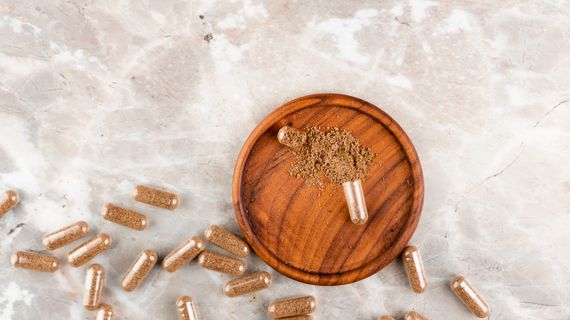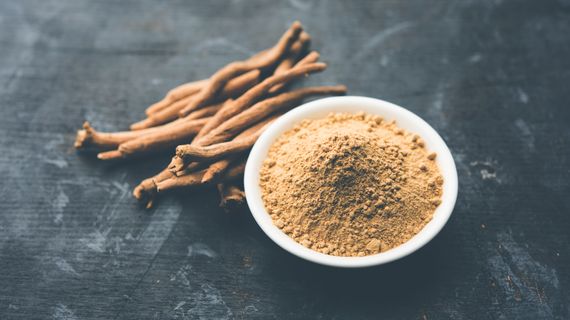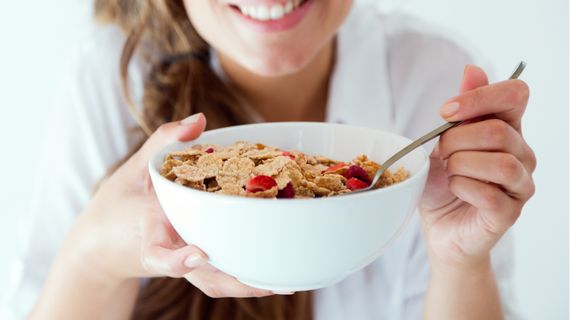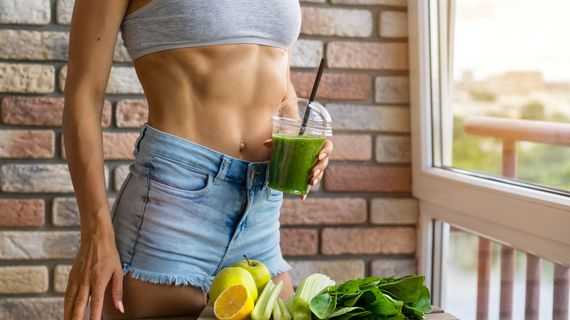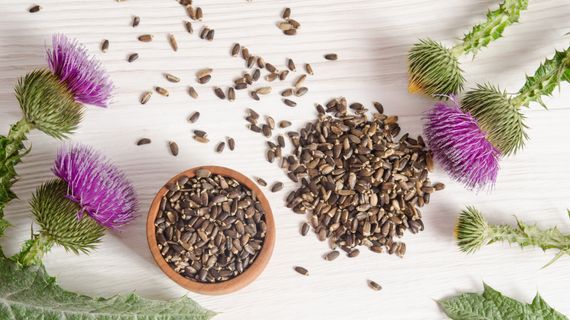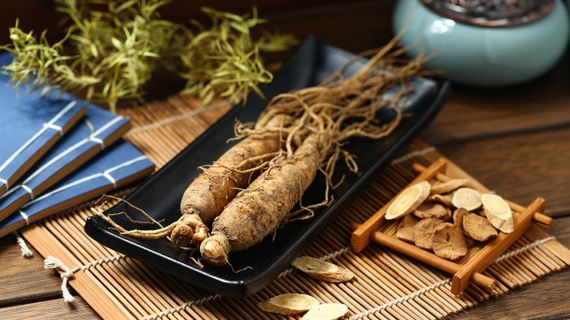Coffee is one of the most popular beverages worldwide, and it is also widely enjoyed in the United Kingdom. The average person consumes more than 2.9kg of coffee every year. Similarly, matcha green tea powder is becoming increasingly popular around the world. Both drinks have a mild stimulant effect and are generally considered beneficial to health. This article explores the substances in these drinks, their differences, and which one might be healthier.
Where do these drinks come from and how are they made?
Both coffee and matcha have a rich history behind them, and their production often follows traditional principles and practices even today.
Several species of coffee plant are used to make coffee, with the most famous being the robusta coffee plant (about 25% of the world's production) and the arabica coffee plant (about 70% of the world's production). Green coffee beans are roasted to varying degrees, which reduces their antioxidant content by about a third. The roasted coffee is further ground to various degrees of coarseness and can be prepared as espresso or by other alternative methods (drip, French press, etc.).
Matcha green tea powder is a Japanese invention that has been known in its present form for more than 800 years. It is produced using Japanese Gyokuro green tea, the leaves of which are shaded for a few weeks before harvesting, thereby increasing the content of certain amino acids and especially chlorophyll in the leaves of the tea plant. After harvesting, the Gyokuro leaves are ground into a fine powder, which is traditionally prepared by whisking with a bamboo whisk ('chasen') in a traditional bowl.
Matcha as one of the richest sources of antioxidants
The content of substances in matcha green tea powder varies depending on the time of harvest, with the summer harvest being richer in active substances than the spring harvest. What substances are found in matcha and how are they important to us?
Caffeine
This world‑famous alkaloid is present in matcha green tea powder in surprisingly high quantities; a recent study from a Czech workshop showed that each gram of matcha contains about 19‑44 mg of caffeine, though lower levels of caffeine were observed in older teas. Chemically, the caffeine found in matcha green tea powder (previously mistaken for a different substance called thein) is identical to that found in coffee. A typical serving of less than 2g of matcha tea contains about 60mg of caffeine, which is slightly less than the amount found in a standard shot of espresso.
Green Tea Antioxidants
Green teas in general are among the richest sources of antioxidant substances, and it turns out that matcha has the highest antioxidant potential of them all. The content of polyphenols present is very high (almost 2000mg of polyphenols per litre of drink prepared from 17.5g of tea), and we can highlight several important compounds:
- Rutin is one of the most abundant flavonoids in matcha green tea powder, occurring in significantly high concentrations than in other common teas. Rutin is known among nutritionists primarily because it has a positive effect on blood vessel health by promoting vitamin C utilization.
- While there is about 4 times more chlorophyll in matcha green tea than in other green teas, it is definitely not a super‑source compared to leafy greens. For comparison, one drink of Matcha tea can contain about 5mg of chlorophyll, while one serving of spinach contains about 24mg.
- Catechins, especially EGCG, are another group of antioxidants found in green tea. Recent studies have examined their positive effects on both aerobic performance (mouse model) and muscle building. Catechins are also often added to fat burner complexes as they work synergistically with caffeine.
Theanine
Protecting tea leaves from sunlight promotes the production of this amino acid, which has been shown to act synergistically (mutually supportive) with caffeine. At the same time, it is thought that theanine causes the caffeine in tea to have longer lasting effects and to more effectively enhance cognitive function compared to caffeine in coffee.
Organic Japan Matcha
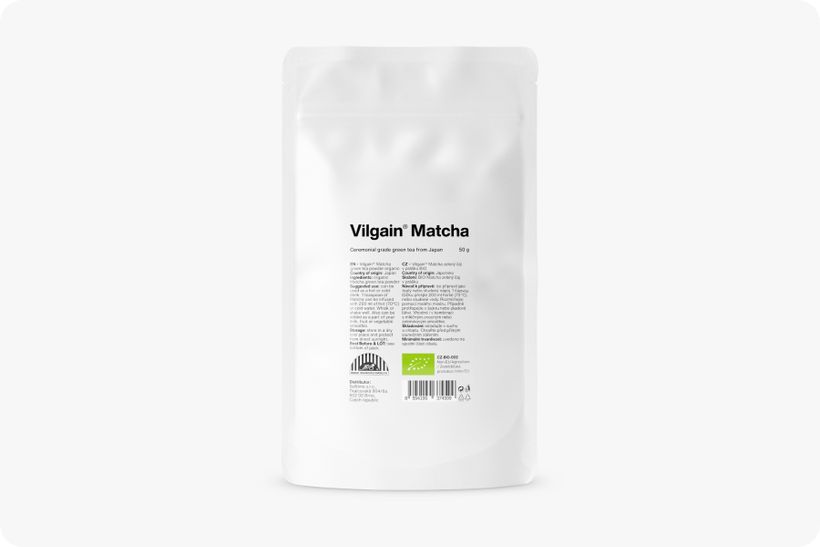
Coffee is definitely not just about caffeine
When it comes to the substances contained in coffee, their content varies considerably depending on the type of coffee, the roasting method and the actual preparation of the beverage. In other words, an espresso made from arabica coffee can have a vastly different composition from that of a filtered robusta coffee. On average, we can say the following about the composition:
Caffeine
Arabica coffee contains about 1‑1.3% caffeine, whereas robusta coffee contains about twice as much. In both cases, this is less than in matcha tea. However, since about 7g of coffee is used to make a single serving, the total caffeine content in the prepared beverage is higher in coffee compared to match, which uses less than 2g per serving). Therefore, we can count on a dose of about 80‑100 mg of caffeine per espresso.
Caffeine Antioxidants
As coffee is widely consumed in the Western world (in Scandinavia, about 10kg of coffee is consumed per year per capita), it is one of the most important sources of antioxidants in our diet. Even so, coffee is slightly behind matcha green tea powder in terms of the amount of antioxidants present. Specifically, there are about half as many polyphenols in a typical serving of coffee or matcha green tea powder.
Of particular note are the antioxidants belonging to the hydroxycinnamic acid family, which are found in high amounts in coffee. For example, chlorogenic acid is present in coffee in more than ten times the amount found in tea (about 70mg per cup), which is about a third of the dose typically used in supplements.
Organic Fresh Roast Coffee
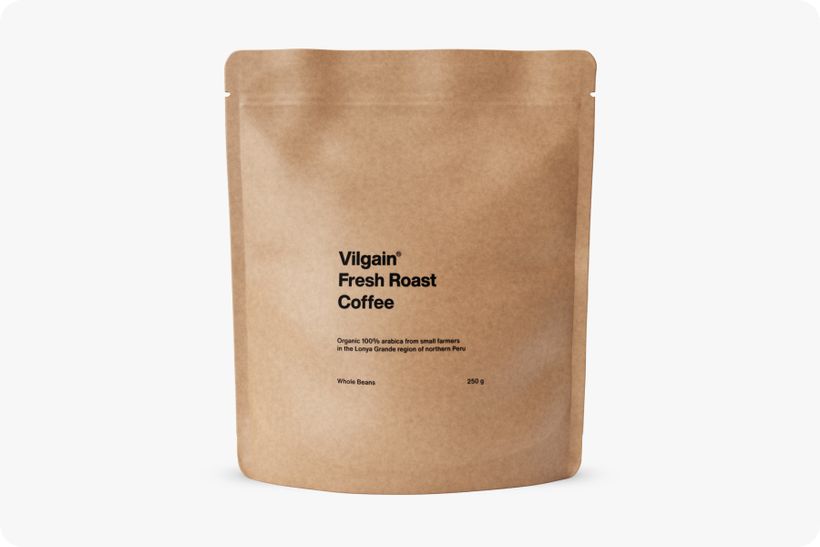
Which drink is healthier?
Matcha and coffee are both beverages that contain many substances with antioxidant properties, in addition to their stimulant effects. Therefore, it is impossible to definitively determine which drink has a more significant health impact, so this imaginary battle will probably end in a draw. For this reason, we should make our choices based on personal taste and preference.
However, if we consider the ingredients to determine when particular drinks are more suitable, we can say the following:
- For a quick kick, it is probably preferable to reach for a strong coffee due to its higher caffeine content and stimulating effect.
- On the other hand, for a milder boost and enhanced concentration, matcha may be better suited, as the caffeine has a milder and synergistic effect with the theanine present.
Bottom line
Matcha and coffee are both very healthy beverages that provide the body with high levels of antioxidant substances that defend the body against the effects of reactive oxygen species. In general, Matcha contains a higher amount of antioxidants (about 180mg of polyphenols per drink for tea, compared to 80mg of polyphenols for coffee), while coffee contains a slightly higher amount of caffeine content per standard drink.
Warning in conclusion: Although both coffee and matcha are healthful, consuming too much caffeine in a day is no longer healthy. It is not advisable to exceed a serving of about 5.7mg of caffeine per 1kg of body weight per day, which for a 70kg person means a maximum daily intake of about 400mg of caffeine (4‑5 servings of coffee or about 6 servings of matcha tea).







